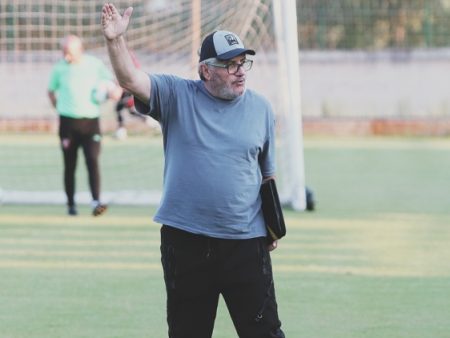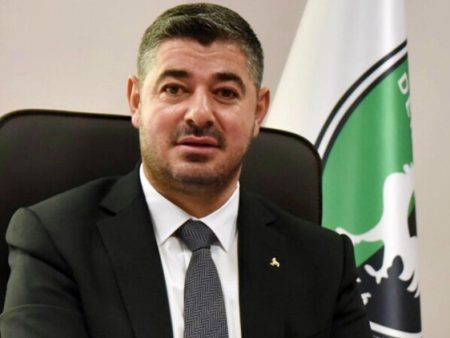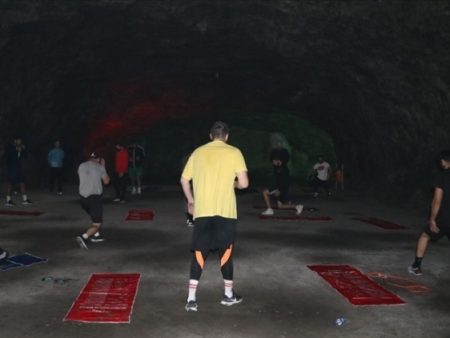More than 1,100 people have been charged with Capitol riot-related federal crimes. Over 600 of them have been convicted and sentenced.
US: Two ex-Proud Boys leaders get some of longest sentences for 6 January Capitol attack
Two former leaders of the far-right Proud Boys extremist group were sentenced to more than a decade each in prison Thursday for spearheading an attack on the US Capitol to try to prevent the peaceful transfer of power from Donald Trump to Joe Biden after the 2020 presidential election.
The 17-year prison term for organiser Joseph Biggs and 15-year sentence for leader Zachary Rehl were the second and third longest sentences handed down yet in the 6 January 2021, attack.
They were the first Proud Boys to be sentenced by US District Judge Timothy Kelly, who will separately preside over similar hearings of three others who were convicted by a jury in May after a four-month trial in Washington that laid bare far-right extremists’ embrace of lies by Trump, a Republican, that the 2020 election was stolen from him.
Enrique Tarrio, a Miami resident who was the Proud Boys’ national chairman and top leader, is scheduled to be sentenced Tuesday. His sentencing was moved from Wednesday to next week because US District Kelly was sick.
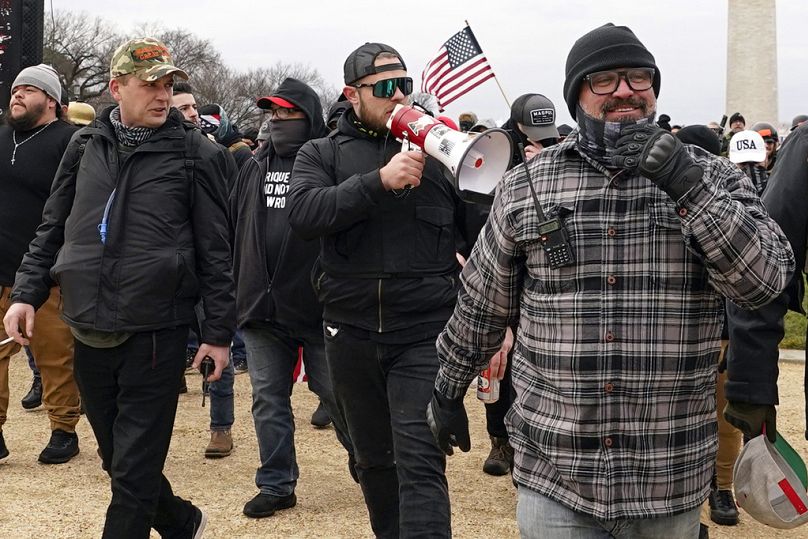
Tarrio wasn’t in Washington on the 6 January. He had been arrested two days before the Capitol riot on charges that he defaced a Black Lives Matter banner during an earlier rally in the nation’s capital, and he complied with a judge’s order to leave the city after his arrest. He picked Biggs and Proud Boys chapter president Ethan Nordean to be the group’s leaders on the ground in his absence, prosecutors said.
Rehl, Biggs, Tarrio and Nordean were convicted of charges including seditious conspiracy, a rarely brought Civil War-era offence. A fifth Proud Boys member, Dominic Pezzola, was acquitted of seditious conspiracy but convicted of other serious charges.
Federal prosecutors had recommended a 33-year prison sentence for Biggs, who helped lead dozens of Proud Boys members and associates in marching to the US Capitol on 6 January. Biggs and other Proud Boys joined the mob that broke through police lines and forced lawmakers to flee, disrupting the joint session of Congress to certify the electoral victory by Biden, a Democrat.
Kelly said the 6 January attack trampled on an “important American custom,” certifying the Electoral College vote.
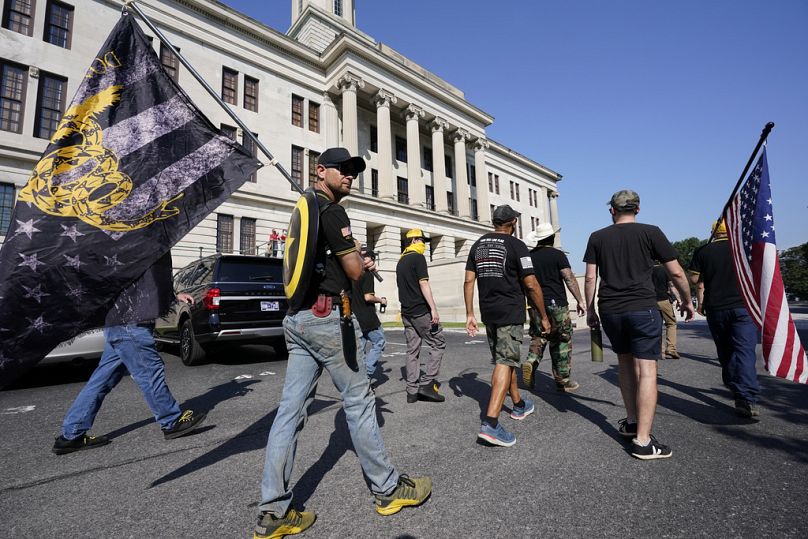
“That day broke our tradition of peacefully transferring power, which is among the most precious things that we had as Americans,” the judge said, emphasising that he was using the past tense in light of how 6 January affected the process.
Defence attorneys argued that the Justice Department was unfairly holding their clients responsible for the violent actions of others in the crowd of Trump supporters at the Capitol.
Biggs, of Ormond Beach, Florida, acknowledged that he “messed up”, but he blamed being “seduced by the crowd” of Trump supporters outside the Capitol and said he’s not a violent person or “a terrorist.”
“My curiosity got the better of me, and I’ll have to live with that for the rest of my life,” he said, claiming he didn’t have “hate in my heart” and didn’t want to hurt people.
During the trial, jurors saw a trove of messages that Proud Boys leaders privately exchanged in the weeks leading up to the Capitol riot, including Biggs encouraging Tarrio to “get radical and get real men” after Trump announced plans for a rally on Capital Hill.
That day, dozens of Proud Boys leaders, members and associates were among the first rioters to breach the Capitol. Before the first breach, Biggs used a megaphone to lead rioters in chants of “Whose Capitol? Our Capitol!”
Biggs “acted as the tip of the spear” during the attack, prosecutors said in a court filing. He tore down a fence and charged up scaffolding before entering the Capitol. He left the Capitol but reentered the building and went to the Senate chamber.
“There is a reason why we will hold our collective breath as we approach future elections,” prosecutor Jason McCullough said. “We never gave it a second thought before the 6 January.”
